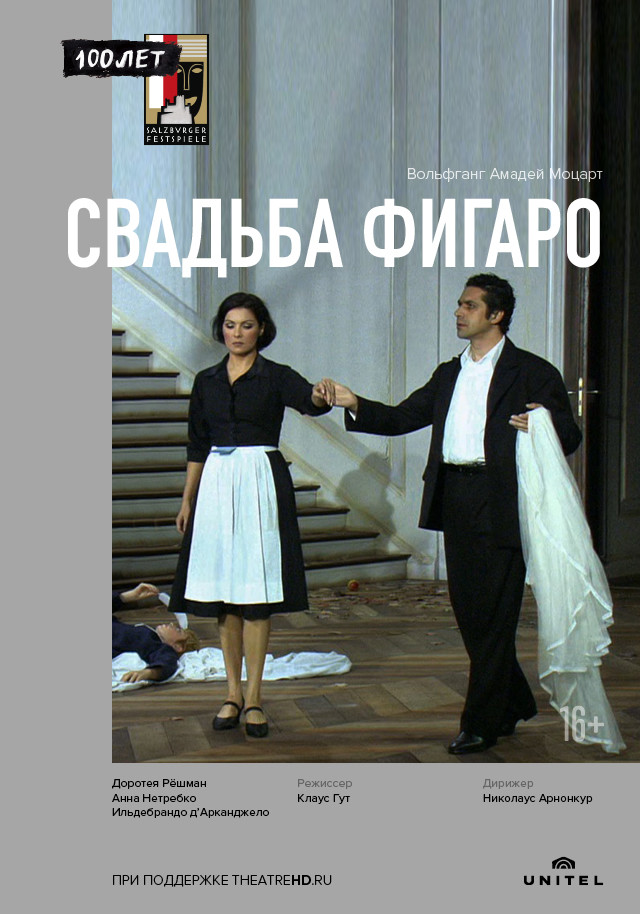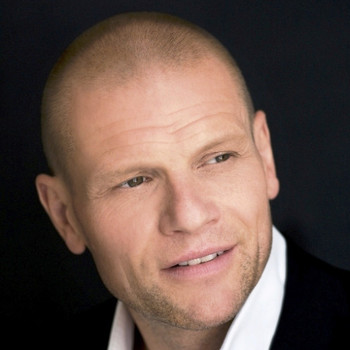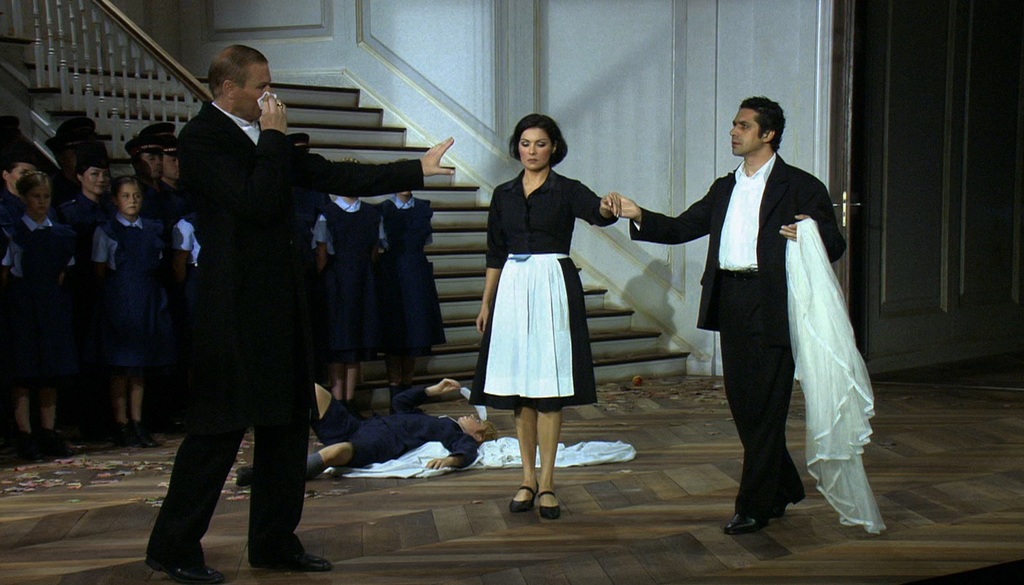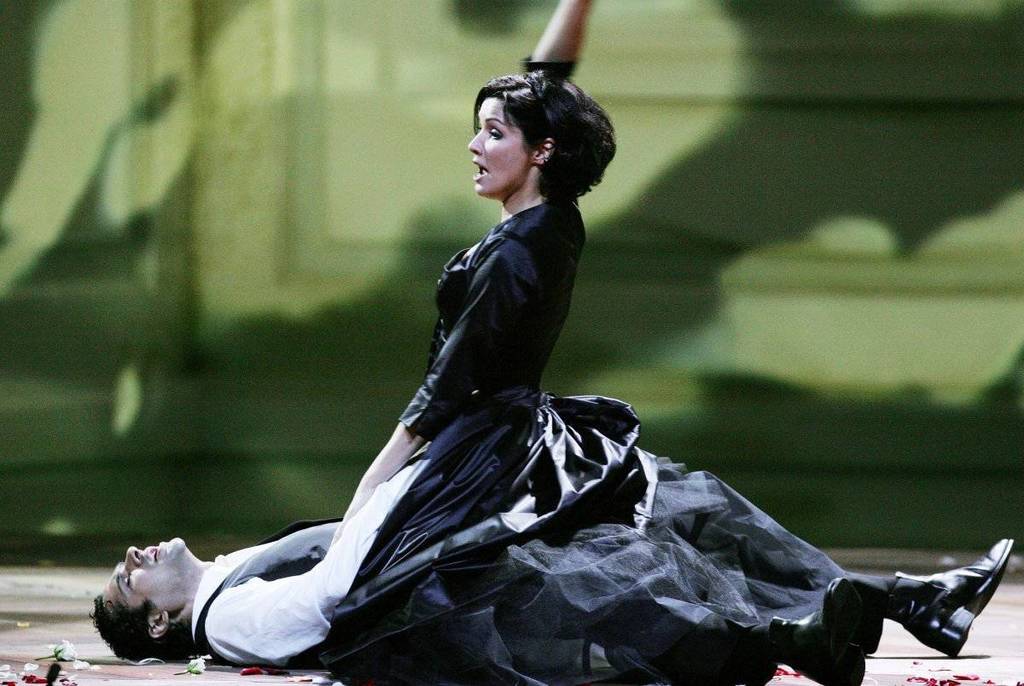Anna Netrebko, Christine Schäfer, Dorothea Röschmann, Bo Skovhus and Ildebrando D’Arcangelo under the direction of Nikolaus Harnoncourt and accompanied by the Vienna Philharmonic – this "Marriage of Figaro" is a feast for musical gourmets. Of all the Mozart 22 productions of the Salzburg Festival’s Mozart year 2006, "Figaro" is no doubt the most popular, both among connoisseurs and amateurs – perhaps because it is above all a triumph of superior music-making.
The story is well-known, the work is fast-moving, witty, touching and vibrant. Based on a politically and socially explosive comedy by Beaumarchais, but toned down by Mozart’s librettist Lorenzo da Ponte, it treats the topic of love, lust and justice among the various classes: nobility, indentured servants and the rising bourgeoisie. The joy of the work lies above all in its characters, which are perhaps the most "human" human beings to be found on the opera stage. Harnoncourt’s musical concept is meticulously worked-out, interpreted with a wealth of subtle nuances and, with respect to the madness of the romantic intrigues unfolding on the stage, nothing less than thought-provoking.
Director Claus Guth’s staging fits the music like a glove: there are no farcical elements or slapstick; he takes each and every character seriously. He sees the ensembles and arias as emotional rooms that are to be opened by the director. Everything takes place in Count Almaviva’s summer residence – a place devoid of furnishings but filled with erotic energy. The most erotically charged role in the opera is that of Cherubino, and with Christine Schäfer, Cherubino became the fulcrum of the performance, a luminous, dazzlingly virtuoso singer and consistently poignant actress – perhaps the vocal discovery of the Mozart 22 project.
The celebrated Anna Netrebko proves her greatness by harnessing her sensual soprano to make it fit seamlessly into the ensemble. Bo Skovhus and Dorothea Röschmann give realistic and intense accounts of the Count and Countess as they movingly depict their "scenes of a marriage." Finally, Ildebrando D’Arcangelo employs his powerful bass baritone to give authority to the work’s title role.









